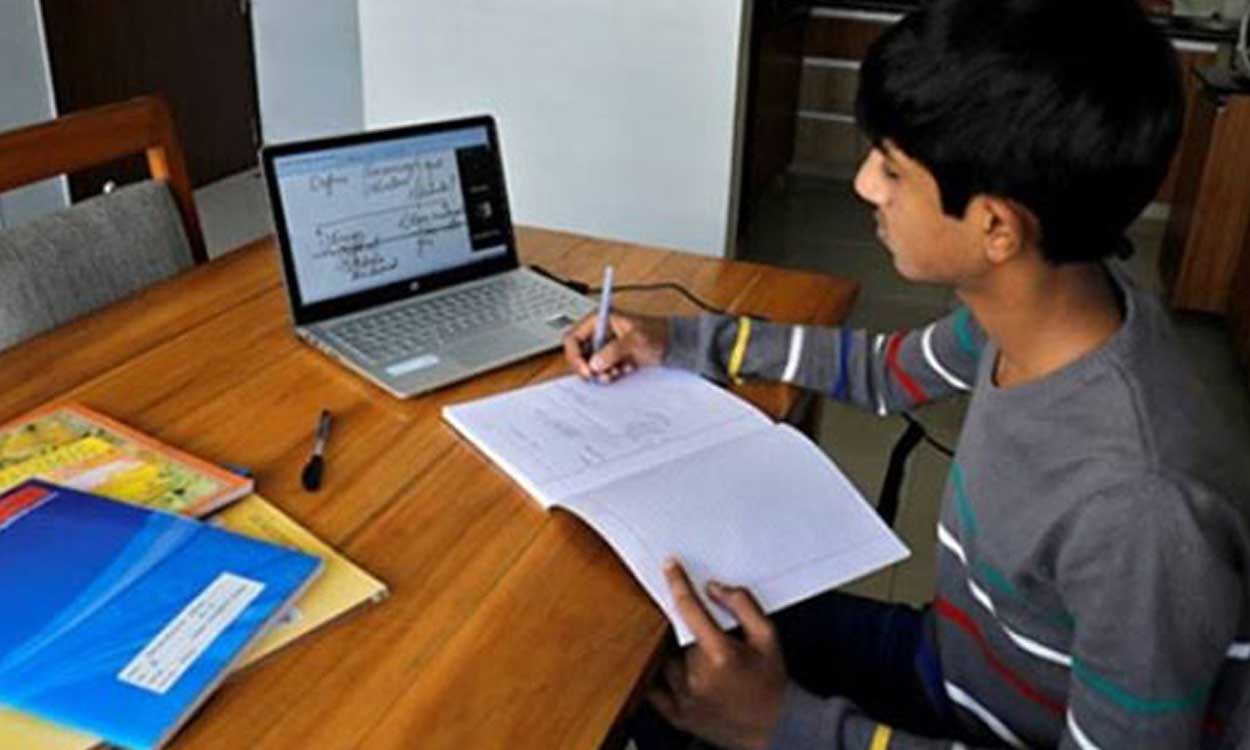Project Details

Topic: Education
Researchers: Prof. Asad Islam, PhD, Tarannum Azim Baigh
#completed
Bridging Learning Gaps with Out-of-School Learning Programs: Experimental Evidence from Bangladesh
Method: Quantitative
Background
Despite significant achievements in improving school enrolment and completion levels in South Asia, a high proportion of learners continue to live in learning poverty, with approximately 50 per cent of learners unable to read or understand a simple text by age ten (UNICEF, 2021). In most developing countries, the significant strides made in increasing enrolment rates over the past decade have failed to yield comparable improvements in
foundational learning outcomes. Essentially, the expansion of time spent in school has not translated into a proportional enhancement in learning. This existing gap in educational achievement has been exacerbated by the profound disruptions caused by the COVID-19 pandemic, resulting in an alarming increase in learning loss. The magnitude of learning losses experienced across countries is also likely unequal – closures in the first two years of the pandemic lasted roughly twice as long in developing countries compared with more advanced economies (Agarwal, 2022; Jack, 2021). In many low and middle-income countries, children's return to school remains a challenge. Schools have reported alarming dropout rates, children
are not performing at their grade level, and many are unable to re-adjust to the traditional classroom environment (Economist, 2021). Many of the traditional schooling approaches have not been proven effective in overcoming the current challenges. Teachers are inadequately
trained to conduct catch-up lessons in conjunction with delivering their current grade-level syllabi. Thus, this has led to calls for low-cost and scalable responses that would effectively enable students to “catch up” in settings where schools have started reopening. Programs and policies targeting the enhancement of learning outcomes have predominantly centred on what happens in school (Glewwe & Muralidharan, 2016; Muralidharan, 2017). More attention should be devoted to what happens out-of-school and its implications for learning proficiency. This lack of focus is unexpected, given the potential interplay between these two aspects: out-of-school study and learning activities are anticipated to furnish opportunities for children to review, practice, and internalise the material and concepts imparted in the classroom. A primary obstacle in implementing out-of-school
interventions lies in the necessity to engage additional participants, such as parents or community members, who might not perceive educational activities for their children as their responsibility. It thus may be unwilling (or unable) to commit. As a result, the efficacy of outof-school educational initiatives in enhancing children's learning and the circumstances under which they prove successful remains open-ended.
Objectives
To implement our proposed interventions, the objectives of the study are as follows:
1. To what extent do the interventions help improve children’s FLN skills in low-income contexts?
2. Do the effects of the two interventions differ by the child’s learning level, caregivers’ engagement, gender of the child, religion, income level, ethnicity, remoteness of the household or other aspects of heterogeneity?
3. To what extent are there spillovers of the interventions to the classmates of the randomly selected students exposed to the intervention?
4. How do the two interventions compare in (a) effectiveness and (b) cost-effectiveness with each other and to other similar educational programs evaluated in the recent past?